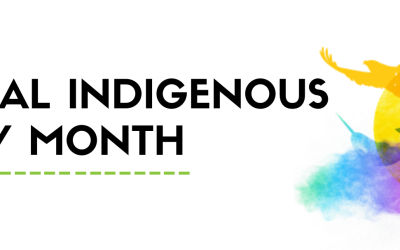Gilles Vaillancourt, the mayor of Laval, Quebec, is the latest casualty of the Charbonneau inquiry into corruption in Quebec’s construction industry, as he has announced he will be stepping down.
Besides the obvious moral dimensions of corruption, kickbacks and inflated public contracts, there is a strong economic component. In short, corruption negatively affects the economy.
In the case of Quebec communities, the cozy ties between the Italian Mafia, construction companies, and corrupt municipal officials has come at a cost to Quebec taxpayers. The same firms continually getting public contracts meant that ” closed markets typically come with an inflated price tag of 30 to 40 per cent.” It was estimated that Montreal could save 20 to 30 per with a more competitive bidding process.
Research into developing countries has shown the consistent link between corruption and reduced economic growth.
In a First Nations context where our annual Aboriginal Governance Index tells us that average First Nations members are concerned about the fairness of decisions related to services and employment, there is a concern about corruption. Some like to dismiss kickbacks, etc as just part of doing business in these communities, but one should consider that corruption has tangible negative economic effects that pull the community itself down. Besides the moral reasons, this is an important reason to tackle systemic corruption. In the indigenous context, some say things like nepotism and helping families is just part of the culture. But, in our travels to these communities, people know the difference between legitimate culture and corruption. Even if it was part of the culture, it is not a positive element as it holds the community back economically.
There is an argument that it’s not a cultural thing as it tends to only deal with government officials, connected businesspeople, and sometimes organized crime. This is why it was probably unfair for Maclean’s Magazine to tarnish all Quebec with charges of corruption. But, corruption had become quite systemic in that province so it needed to be dealt with openly.
But corruption does bring down the moral fibre of a community and politicizes transactions.
The first step is acknowledging it exists and deadling with it aggressively. Quebec is doing what many First Nations communities need to do, and what many other non-Aboriginal communities probably need to do as well.


